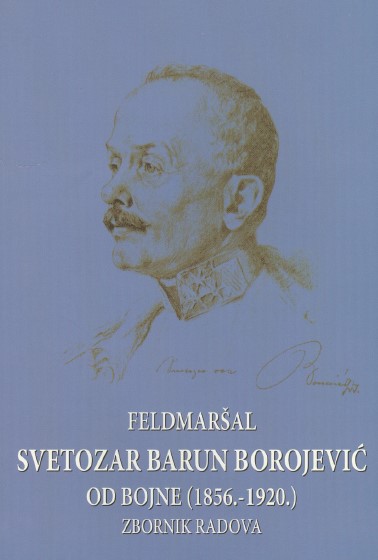ZA NAŠU JUŽNU VOJSKU. RODOLJUBNE AKCIJE ZA TALIJANSKO RATIŠTE PROVEDENE U ZAGREBU 1915. I 1916.
“FOR OUR SOUTHERN ARMY”. PATRIOTIC CAMPAIGNS FOR THE ITALIAN FRONT CONDUCTED IN ZAGREB IN 1915 AND 1916
Author(s): Vijoleta Herman Kaurić
Subject(s): Military history, Military policy, Studies in violence and power, Pre-WW I & WW I (1900 -1919), Peace and Conflict Studies
Published by: Hrvatski institut za povijest
Keywords: talijansko ratište; Zagreb; rodoljubne akcije;
Summary/Abstract: When Italy entered the First World War on the side of the Entente, this was perceived in the Croatian territories as an act of utter treason and a move to occupy Croatian territory. This view was heightened once the Serbian front was generally pacified and the Italian front become the closest to Croatia, and the distance thunder of artillery could even be heard in Zagreb when climatic conditions were conducive. Thus, events on the Italian front aroused much more passion than those in Galicia, for example, even though local men were being killed to a greater or lesser extent on all fronts. Soon after the war broke out, it became apparent that the Austro-Hungarian Army was not suitably equipped for long-term warfare on fronts. Soldiers were deployed to war zones with insufficient personal supplies (shirts, undergarments, socks, boots, etc.), so they had to seek these from their families. Conditions became increasingly worse as time passed, and needs grew, particularly during the winters. Society-wide drives were therefore initiated to collect and made winter clothing (socks, gloves, hats, etc.), which were then delivered to all fronts. Similar drives were conducted for cigarettes and Christmas gifts, essential to raise military morale. However, in Zagreb two drives were conducted in 1915 and 1916 solely for the Italian front, which made them specific. These encompassed the purchase of mosquito nets in July 1915, and sewing and dying of sand-bags from August 1915 to June 1916, vitally important to the construction of barricades in rocky terrain. Soldiers from the Italian front helped activists from the Ladies Club by sending them olive branches, which were sold on Easter 1916 to benefit widows and orphans of the slain soldiers of the Fifth Army.
Book: Feldmaršal Svetozar barun Borojević od Bojne (1856.-1920.) - Zbornik radova
- Page Range: 101-116
- Page Count: 15
- Publication Year: 2011
- Language: Croatian
- Content File-PDF

